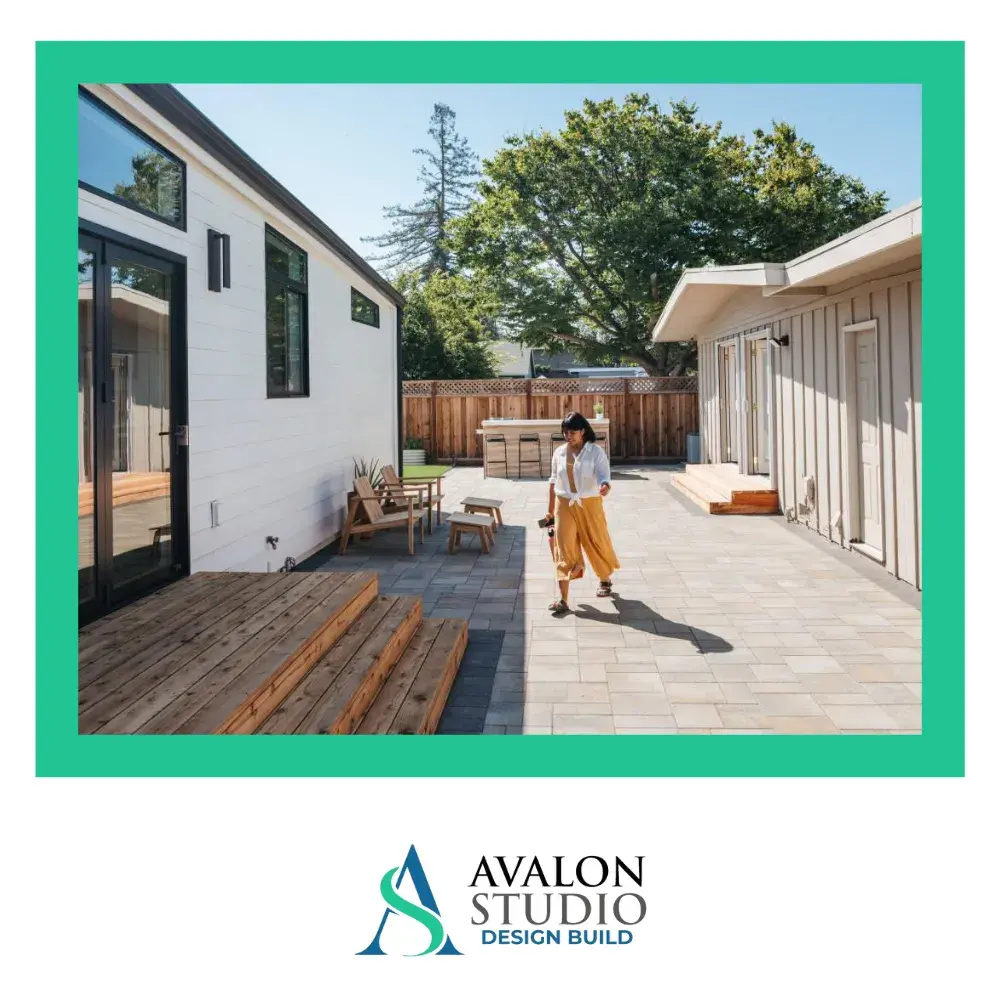Adding an ADU (Accessory Dwelling Unit) to your property can offer a range of benefits, from additional living space to increased property value. However, before beginning the process, it’s important to understand your property’s limitations and the potential challenges you might face. Here’s how you can assess your lot’s suitability for an ADU and maximize its potential.
Reviewing Local Zoning Laws and Regulations
The first step in determining if your property can accommodate an ADU is understanding local zoning regulations. Each municipality has its own rules regarding the size, location, and type of ADUs allowed. Restrictions might include setbacks, maximum square footage, and building height. Consulting with your city’s planning department will give you a clear understanding of these limitations and help you develop a project that complies with local laws while maximizing the potential of your lot.
Evaluating Your Lot’s Space and Layout
Space is a critical factor when considering building an ADU. Your property needs to have enough available space without sacrificing outdoor areas or crowding existing structures. When evaluating your lot, take into account any natural obstacles, existing landscaping, or the location of your main home. Your ADU should fit comfortably within the space while maintaining functionality and visual harmony with your property. This thoughtful placement helps ensure the ADU enhances your overall living environment.
Understanding Utility Capacity and Infrastructure
Another key consideration is whether your current utility systems can support an ADU. Water, electricity, and sewer connections will need to be extended to the new unit, and depending on your existing infrastructure, upgrades may be necessary. Consulting with professionals to assess your utility capacity is crucial to avoid overloading systems or facing unexpected costs. Ensuring your property can support the additional load will make the construction process smoother and more efficient.
Considering Parking and Access Requirements
Parking and accessibility are common concerns when adding an ADU. Many local regulations require properties with ADUs to provide additional parking spaces, either on-site or through street parking. Additionally, easy access to the ADU is essential, whether for tenants, guests, or future residents. You’ll need to ensure that your property can accommodate these requirements without disrupting the overall flow of your existing home, ensuring a seamless integration of the new unit.
Understanding your property’s limitations, such as zoning, space, and utility capacity, is essential when planning for an ADU (Accessory Dwelling Unit) By addressing these factors early, you can unlock the full potential of your lot and create a functional and valuable addition to your home.
Learn More
Is Your Lot Ideal for an ADU? A Beginner’s Guide to Property Evaluation

